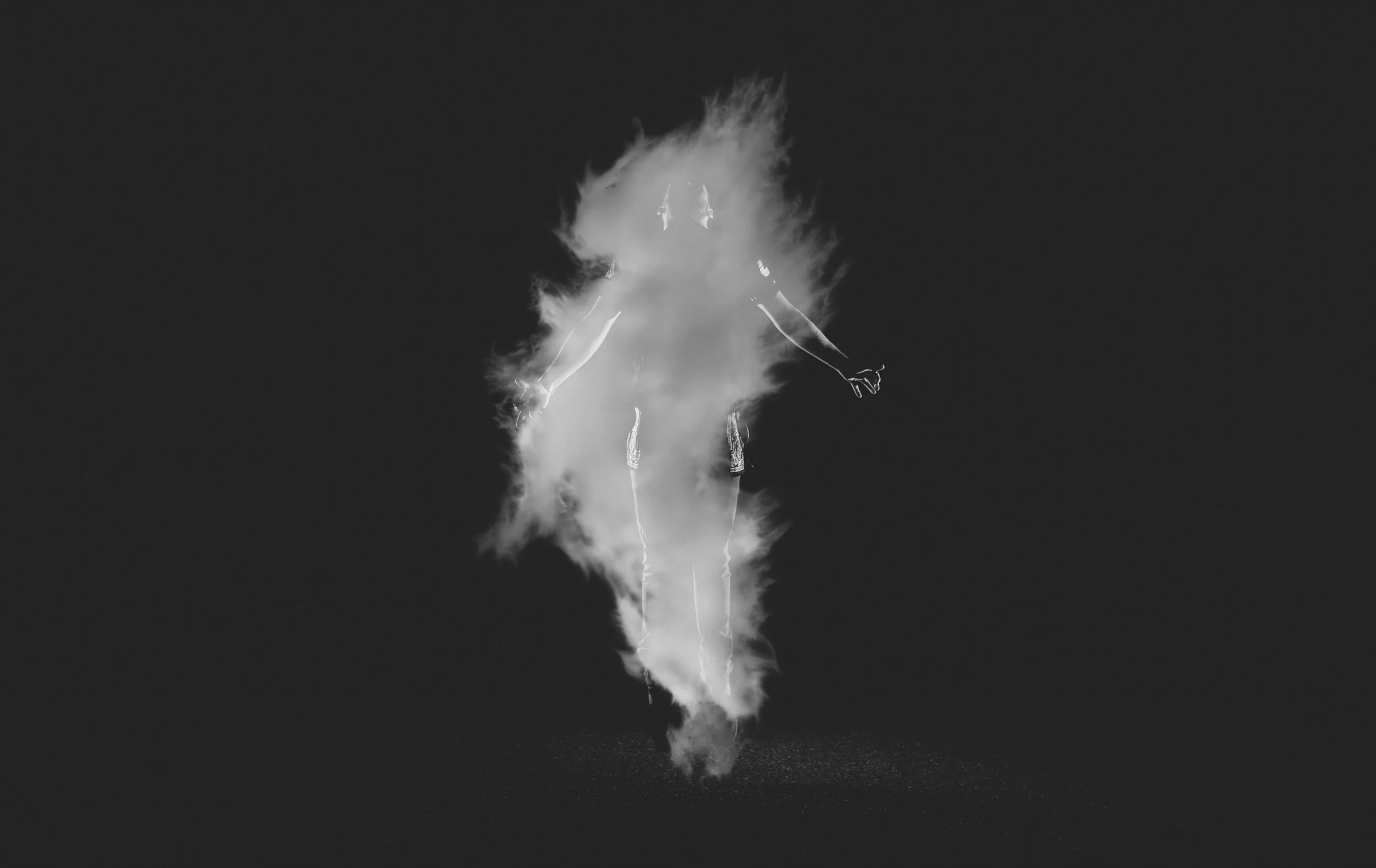THERE IS NO SUCH THING AS STIGMA
I’ve heard this word in two contexts lately.
To paraphrase,
“She feared the stigma of her diagnosis.”
And,
“People have abandoned me because of the stigma of mental illness.”
We have to be very careful here.
While stigma may be a phenomenon or an idea, stigma is not a feeling.
Think of a time when you had felt stigma. Of course, this doesn’t make sense. But we all act in prejudicial ways sometimes. So think of a time when you felt or showed discrimination based on someone’s difference or struggle (if you don’t think you have any try this test. Think slowly. Breathe. Allow yourself your ‘unacceptable’ thoughts.
What is really happening for you in those moments?
Here are some common things: Fear of losing what you have Fear of feeling the vulnerability the person feels or being in the position they are in Insecurity Feeling the grief of another person and your own grief
There is no such thing as stigma. There is only each of us protecting ourselves.
Because being a human being can be horribly difficult.
No one is immune from loss, tragedy, fear, and instability.
It is true that many people, including those who work in helping professions, will do almost anything to avoid our feelings. Sometimes this is conscious, usually not. Our ability to deny the truth of what is around us is staggering. Look at the news.
But stigma.
This word implies a conscious turning away out of cruelty.
That is how the word is often used. We bemoan the stigma of mental illness.
We externalize stigma and make it a ‘thing’ ‘over there’.
What concerns me is the use of stigma as an excuse - a distraction. An excuse from addressing our feelings directly. And an excuse for taking responsibility for our own healing journeys. It’s like a well-worn way out.
We don’t walk away from a person because we “feel stigma”. If someone with mental illness is finding it difficult to gain the support of the people around them there are many layers to what is happening. Two, in particular, stand out:
The people around them don’t want to feel the pain this person represents - they don’t want to feel their own pain.
The person who is mentally ill is in a relationship that has been damaged. When we are traumatized we, in turn, traumatize others.
So our attention has to go in two directions - to the pain we cause and to our own pain.
There is a lot of profound healing work being done in so many different modalities.
Each of us is responsible for saying - I am sick and I need help.
Help is hard to get. And yet our illness does not absolve our responsibility.
Our trauma, grief, rage - when we send these things towards others we create relationships that are fraught. No matter how sick we are I believe it is important to keep this in mind. The traumatized self feels abandoned. And the way through is a combination, an understanding of what we have created and deep healing work that helps us see where our possibilities have been thwarted and our beings wounded. Deep healing work that helps us put ourselves back together a piece at a time.
There are of course people who are beyond helping themselves. These people deserve our compassion. And the fact that these levels of trauma exist should not distract us from what the readers of this blog are capable of doing.
People turn away from us when we are in pain because they fear their own fragility.
We often avoid our own fragility by externalizing and blaming rather than looking inside. Our attention should be towards our own pain.
Our relationships need tending. If we have been hurt we will hurt others.
No matter how sick we are we can work towards responsibility for ourselves.
And it is through this moment by moment responsibility for ourselves, love for ourselves, attention to our healing - it is through this work that we become able to bear the pain of others.
So if we want to use the word stigma, stigma is resolved through healing. Which is to say that stigma is resolved through feeling a whole lot of feelings that are difficult to feel. By saying a whole lot of things that are difficult to say. And by working to put ourselves back together through the wealth of resources available to us online and beyond (I will have more to say on this soon).
There is no such thing as stigma. There is only pain.
Heart breaking, soul-sobbing pain.
There is no such thing as stigma. There is only fear.
Shaking like a leaf, gut-disturbing fear.
There is no such thing as stigma.
There is only you, and me, and the way that we are in the world.
There is no such thing as stigma.
There is only what you do after you read this article. And what you allow yourself to feel.

